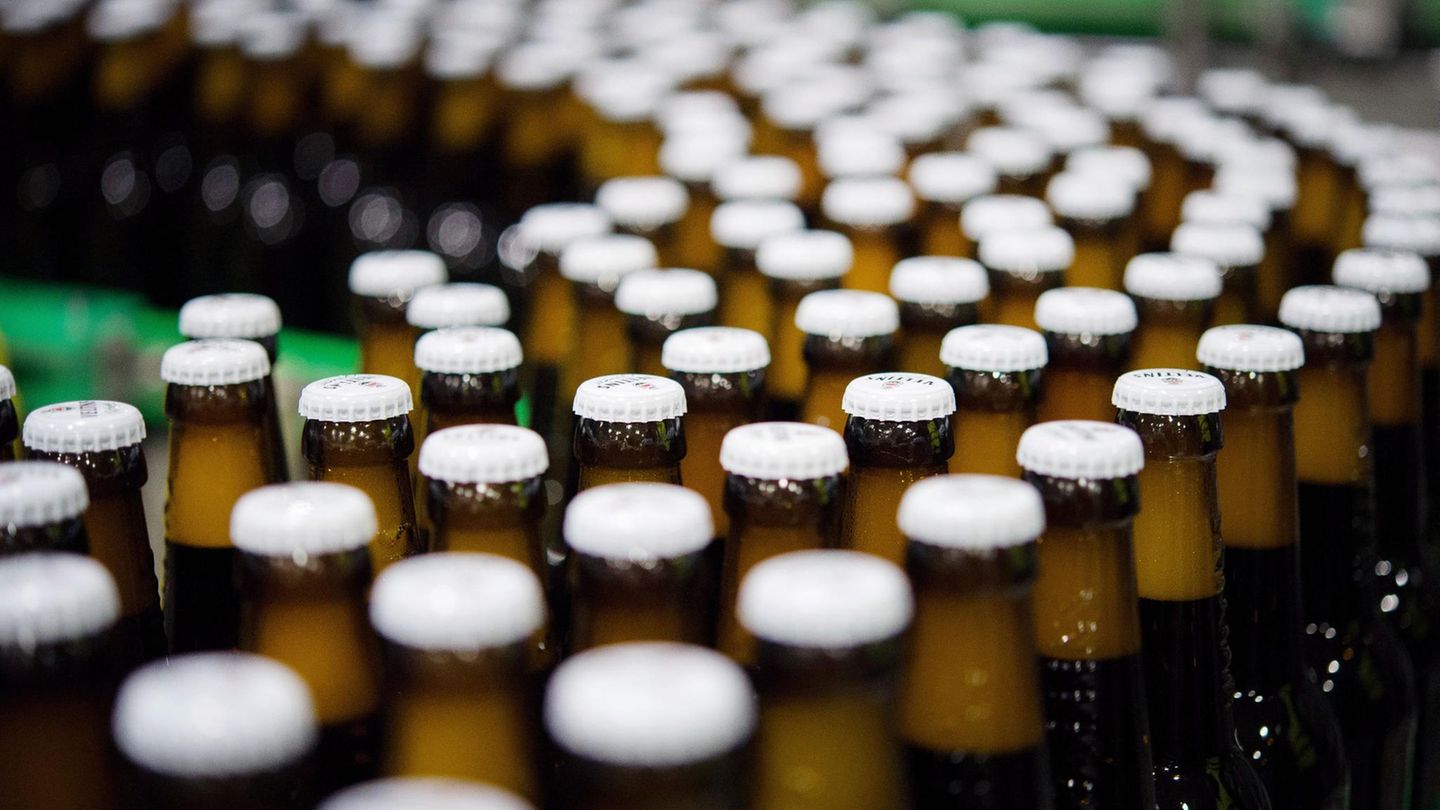The Secretariat of Internal Trade analyzes authorizing import facilities for approximately 800 medications. This is confirmed by Ambitwithin the framework of the meetings held by the portfolio official Pablo Lavigne and the Minister of Economy Luis Caputo.
The following food products are included in the list: beef, pork, poultry and derivatives, fish, dairy products, eggs, vegetables, legumes, fruits, nuts, spices, cereals, oilseeds, fats and oils, pastas, baked goods, sauces, jams, beers and non-alcoholic beverages.
In turn, they include hygiene and cleaning items: cotton pads, swabs, body deodorants, shaving machines and foam, toilet soap, disposable diapers, toilet paper, toothpaste, condoms, baby products, feminine protection, shampoo and conditioner, detergent, laundry soap, bleach and cleaners.
Regarding pharmacy products, it includes “more than 800 medications” packaged for retail sale.
During the meeting of more than 700 companies that AmCham Summit held at the Buenos Aires Convention Center, there were businessmen who were certainly surprised by the measure, since there was no prior notice at the meeting between the Minister of Economy, Luis Caputo, and the food companies. However, they assure that the mood with the official has not changed.
However, they doubt that the initiative of the head of the Treasury have a negative economic impact, due to its level of sales concentration in gondola. Besides, They distrust the financial support – accumulation of dollars – of the Government to facilitate imports in large quantities, considering that the BCRA still has negative net reserves, despite the performance it has maintained since December 10.
What the UIA said about the opening to food imports
The institution that did express itself against the measure was the Argentine Industrial Union (UIA): “While national producers must pay in four monthly installments and with PAIS tax for the inputs necessary for manufacturing, importers of finished goods will be exempt from taxes and will have full access to the necessary foreign currency in a single 30-day payment.
At the same time, they warned about the level of local activity: “The announcement made today seriously affects the competitiveness of the companies that operate, produce and employ in the country,” concluded the UIA, the entity that – like COPAL – is led by Daniel Funes. from Rioja.
Regarding the importation of medicines, Ruben SajemDirector of the Center for Argentine Pharmaceutical Professionals (CEPROFAR), assures that the measure could enable 300 laboratories to import, but it is an “extreme mechanism, which is used when others have failed, and goes against national laboratories.”
From Internal Trade they assure that the measure seeks a reduction in gondola prices, after Caputo assured that in December prices were set at one dollar “at 2,000 or 3,000 pesos.” The official communication aims to “improve competition and support the decline in inflation.”
For the minister, “We have to give a little push” to negotiate with producers and force competition. “This moment deserves it. People are making an effort and if the prices do not reflect a reasonable level, it is not good. It is not in all products but a basic basket,” he clarified.
Ernesto Mattos, UBA economist and director of IDEPI-UNPAZ, doubts the fulfillment of the objective. “Deregulating trade does not guarantee that prices will go down”alerts and exemplifies: “With Macri, technology imports opened up and a computer went from $200 to $1,000.”
At the same time, he understands that the indirect effect is that “the largest ones offer imported products, but the smallest ones cannot compete on price, affecting small businesses and local businesses.” Although importing seeks to lower prices, for the economist “an income shock is important, since salaries are 70 points below inflation.”
The specialist points out that in Argentina supermarkets “are the big importers” of this initiative, since “they either stabilize the price or apply a 10% discount, thus emptying local warehouses. “These are the same dilemmas posed in the nineties,” he lamented.
Lastly, for Sebastian Menescaldi, director of EcoGo, importing may cause “some prices to be more competitive than others and eventually lower,” but it will not translate into a decrease in inflation in the future, because the variation in prices “is affected by other factors as well.” “It is true that the opening of the economy promotes honesty of prices, but it is not the only thing that must be considered to lower inflation, he assures. According to the economist, the eventual presentation of new products on shelves could take between one or two months.
Source: Ambito




